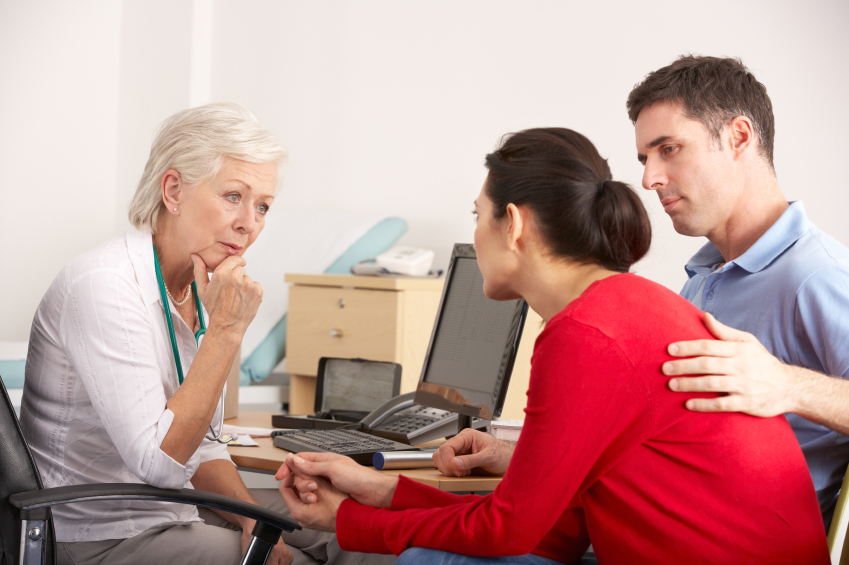“ What do you do after collapsing on the bathroom floor in tears? (…) You throw yourself into another project. Life takes on a new direction and you surprisingly find it wonderful all the same! ”explained Charlotte who has tried for years to become a mother.
Myriam Szejer, paedopsychiatrist and psychoanalyst at the MAP centre at Foch Hospital in Suresnes, is witnessing the impact of MAP on couples. For those who give up on parenthood, “a large part of the ‘healing process’ depends on the couple (…) MAP is so intrusive – it subjects sexuality to reproduction; some couples break up under the strain“.
41 year-old Marie explains how she said stop, after two attempts at IVF. “I don’t want this relentless agony”. She felt as though she was being kidnapped by her gynaecologist who told her: “Egg donation is your only option – otherwise you will regret it!“
Sonia is 46 years old. She admits that, “after six attempts at IVF (including some abroad) and numerous inseminations”, she has a slight grudge against doctors. “They might have told us it might not work – they really believed it“.
Myriam Szejer believes that, “one of the biggest difficulties is having to mourn the ‘phantom baby’ that every woman carries inside (…). These women have to cope alone with thoughts of this child “.
” Marie realises that other people may look at her harshly”. According to her, “as MAP is available, people think that you are either self-centred or have a hidden agenda if you don’t have a child. In the beginning, that caused me more pain “. And then Marie sorted things out. ” I have a thousand things in my life that I’m passionate about. Above all, my partner and I are very close to our nephews. There’s life in us yet“.
Although these women “do not achieve their dream of having children, they make a point of consolidating their childhood dreams” by remaining loyal to the other maxim namely, “to live happily ever after“.
Elle (22/03/2017)

